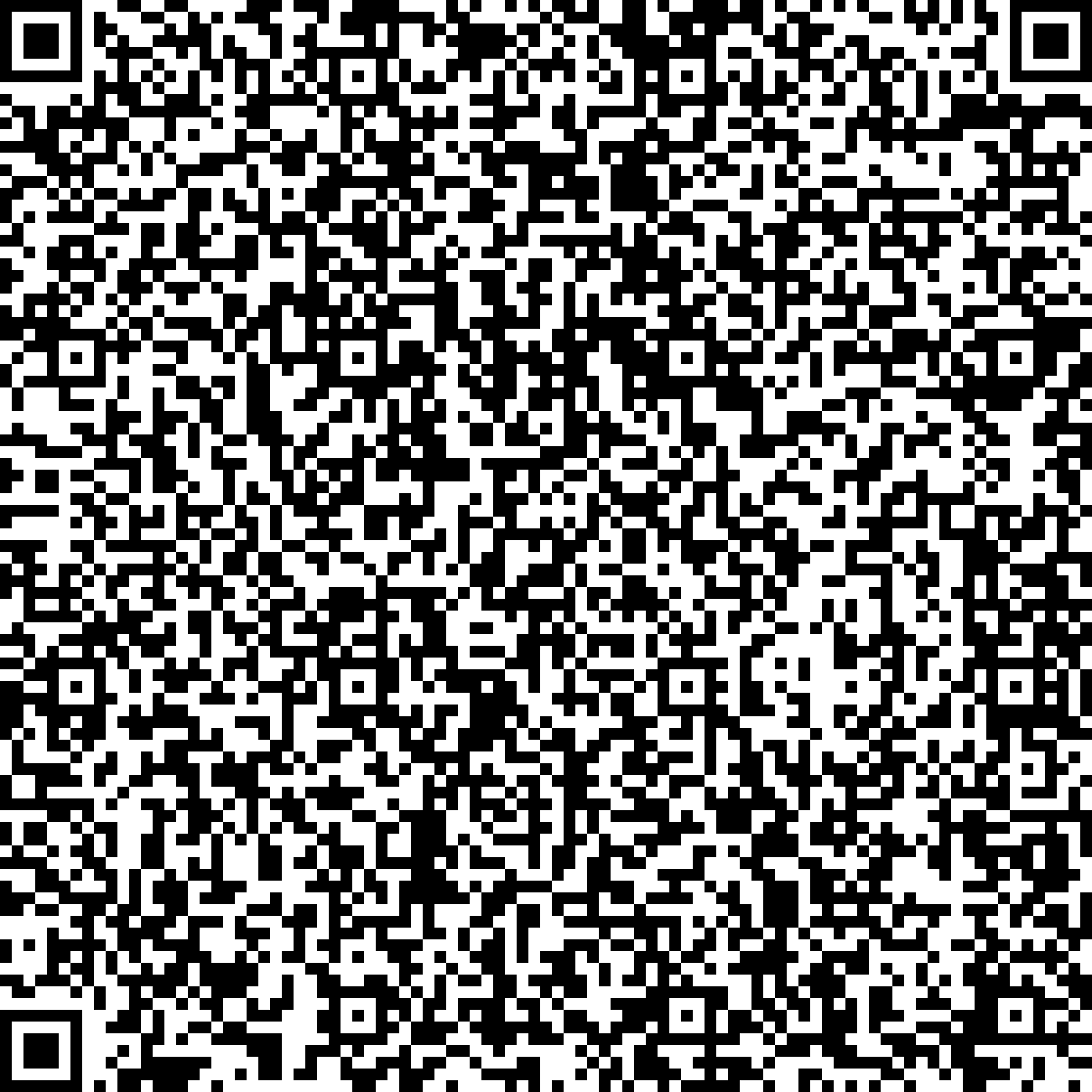


Vaccines, masks, climate change, depletion of natural resources.... These are just a few topics that have come under fire as controversial socioscientific issues. Science doubt has spread through miscommunications, misconceptions, and outright denial. What does this say about the state of scientific literacy in today’s world? Scientific literacy includes understanding foundational and core science concepts, scientific inquiry practices, and epistemic features and functions of those concepts and practices. Understanding the nature of science [NOS] and scientific inquiry [NOSI] is essential to developing scientific literacy. Much of science education has relied on the content of science without sufficient attention to the processes of knowledge development and validation, critical and creative thinking, or epistemic features that make science useful in understanding and making decisions in today’s reality of complex socioscientific issues. This presentation will discuss these constructs and research on the global status of scientific inquiry literacy based on cross-sectional studies conducted in over 40 countries. Society is vulnerable. What can scientists and educators do about it?
Professor Dr. Renée Schwartz is a professor of science education in the Department of Middle and Secondary Education at Georgia State University. Her research focuses on the study of epistemological views of science, specifically views of the nature of science (NOS) and nature of scientific inquiry (NOSI). Through primarily qualitative methods, she examines learners’ developing conceptions of NOS and NOSI in various contexts — including authentic science research and classroom-based science learning. Her work is framed by theories of situated cognition and sociocultural learning. She serves as Immediate Past President of NARST [National Association for Research in Science Teaching].



Vaccines, masks, climate change, depletion of natural resources.... These are just a few topics that have come under fire as controversial socioscientific issues. Science doubt has spread through miscommunications, misconceptions, and outright denial. What does this say about the state of scientific literacy in today’s world? Scientific literacy includes understanding foundational and core science concepts, scientific inquiry practices, and epistemic features and functions of those concepts and practices. Understanding the nature of science [NOS] and scientific inquiry [NOSI] is essential to developing scientific literacy. Much of science education has relied on the content of science without sufficient attention to the processes of knowledge development and validation, critical and creative thinking, or epistemic features that make science useful in understanding and making decisions in today’s reality of complex socioscientific issues. This presentation will discuss these constructs and research on the global status of scientific inquiry literacy based on cross-sectional studies conducted in over 40 countries. Society is vulnerable. What can scientists and educators do about it?
Professor Dr. Renée Schwartz is a professor of science education in the Department of Middle and Secondary Education at Georgia State University. Her research focuses on the study of epistemological views of science, specifically views of the nature of science (NOS) and nature of scientific inquiry (NOSI). Through primarily qualitative methods, she examines learners’ developing conceptions of NOS and NOSI in various contexts — including authentic science research and classroom-based science learning. Her work is framed by theories of situated cognition and sociocultural learning. She serves as Immediate Past President of NARST [National Association for Research in Science Teaching].